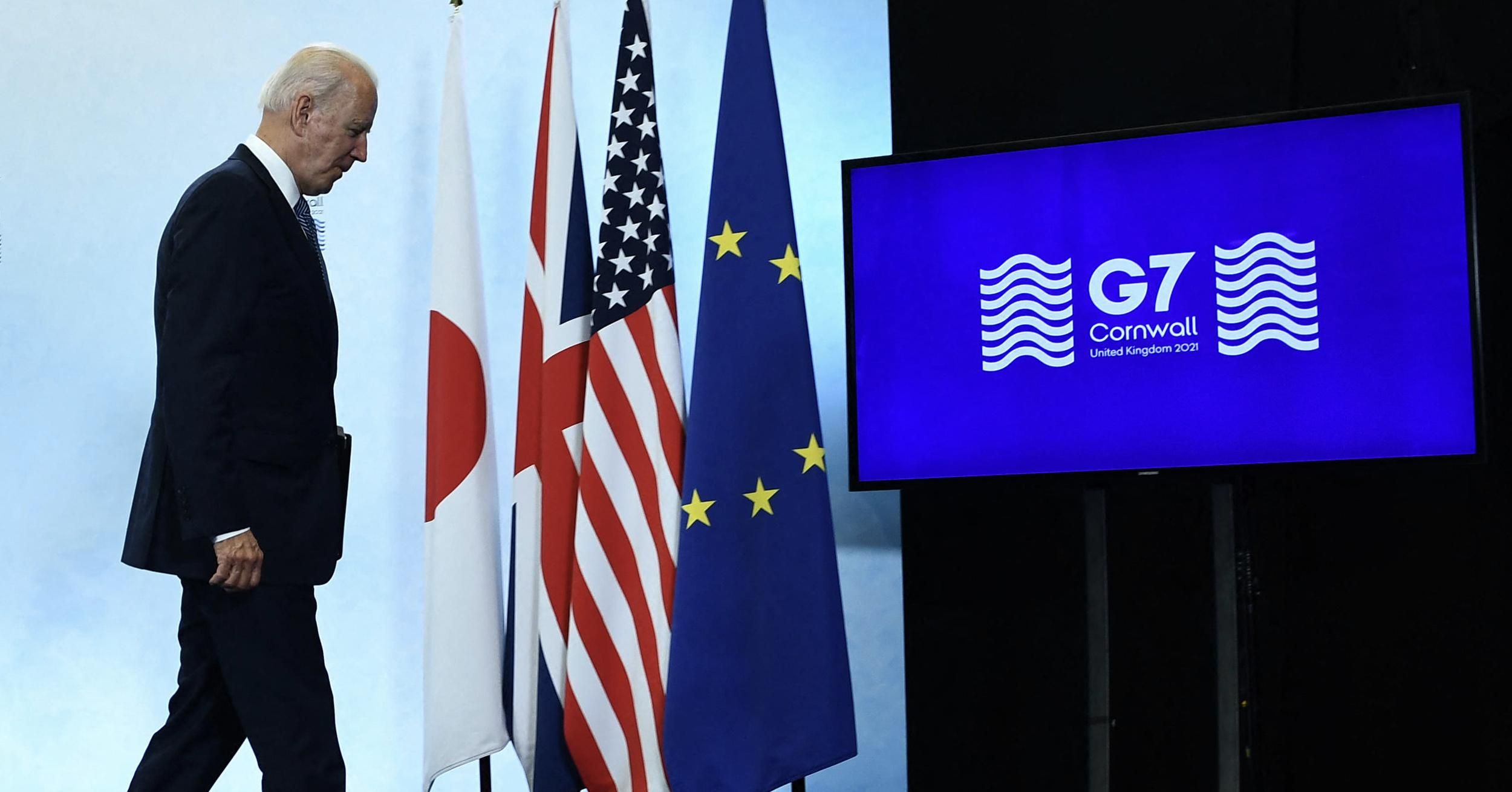
U.S. President Joe Biden has chosen Europe as the first destination for the administration’s first major international tour, which invites the reunion of the big democratic blocs on either side of the Atlantic. On the strategic pinboard where authoritarian powers are gaining traction through great growth (China) or refining skills for asymmetric challenges (Russia), it is a priority that the democratic camp cuts ties made under the confrontational Trump administration. Many of these will be issues on the agenda in the packed set of meetings and summits that the American leader has booked. But the most important is ensuring that the democracies and their values can continue being influential in the 21st century, especially in the face of Beijing. The only way to achieve this is through coordination.
The event is timely. Biden’s arrival entails an important shift of respect from the previous administration and opens up new perspectives. The agitated Trump administration was mostly characterized by a rupture in multilateralism and by sympathy toward many authoritarian leaders. Biden — who will attend the Group of Seven summit, visit NATO and meet with EU leaders — has a very different vision of America’s international relations and has used the word “killer” in reference to Vladimir Putin. Donald Trump, who thought only of things in terms of profit, never really understood the alliance or the EU projects. Although you cannot speak of a rupture here, it is certain that the recent distance between Washington and Europe has made both entities lose precious time, a period during which certain authoritarian powers have gained stronger status.
It is also timely as Europe finds itself in a reconsideration phase of its relationship with China. Two recent developments illustrate this: The European Parliament blocked the ratification of the investment treaty signed in Beijing at the end of 2020 during an exchange of sanctions provoked by China’s repression of the Uighur minority group. In Italy, which until recently had been very keen to strengthen its cooperation with China, Mario Draghi signed an order denying a Chinese takeover of a strategic Italian semiconductor business, which symbolizes a definitive swerve of direction. Further, the awareness of the threat Russia poses has also been emphasized and shared.
Therefore, there has been a dynamic of strategic alignment — but this does not automatically mean perfect harmony will ensue. The EU officially recognizes the giant Asian state as a systemic rival, and this position remains unchanged, but there are still significant vulnerabilities specifically inside the bloc. In Europe, Germany continues to push for options that avoid the risk of an escalated confrontation and take advantage of the commercial possibilities, like supporting an investment deal with China or backing a new gas pipeline with Russia.
The Biden era is more favorable to Atlantic agreement, but this does not mean that current — or new — discrepancies here or elsewhere will not emerge. However, in whatever case, both the U.S. and the EU should embrace the fact that the rise of China brings the world to a new phase, with huge consequences. Faced with this, Europe would do well to cultivate its agreement, but without losing sight for a second of the strategy of democracy’s common denominator.

Leave a Reply
You must be logged in to post a comment.